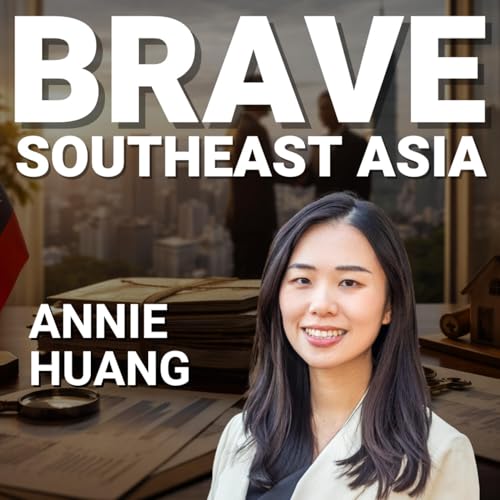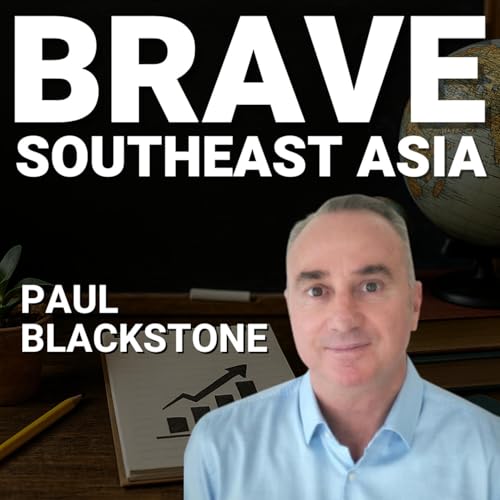Paul Blackstone, longtime education operator and founder of SummitLearn, joins Jeremy Au to unpack his path from running a small health-food shop in Australia to leading one of China’s largest English-learning organizations and advising education companies worldwide. He shares how early failures taught him to learn fast, why teaching adults unlocked his passion for human development, and how China’s boom years shaped his leadership approach. They discuss how culture and discipline drive scale more than perfect products, why schools struggle to build creativity and mindset, and how parents can raise independent kids in an AI-first world. Their conversation explores the tension between academic metrics and behavioral growth, the power of founder-led culture in scaling teams, and why entrepreneurship can thrive both inside companies and in startup life. Paul also reflects on world-schooling his children, building Curio to fill classroom gaps, and why resilient learners will define the next generation.
01:20 Teaching sparks purpose: Paul discovers a powerful energy exchange with adult learners which anchors his lifelong commitment to education.
03:42 Early founder hardship builds awareness: Running a health-food shop from age 24 forces him to confront gaps in knowledge and learn real operational discipline.
07:14 A mis-hire becomes a breakthrough: Rejected as a teacher, Paul is instead hired as center manager and sent to Barcelona which launches his education leadership journey.
12:05 China becomes the rocket ship: Beijing’s hypergrowth teaches him how culture, discipline and incentives scale teams faster than perfect pedagogy.
16:31 Performance culture drives results: Paul learns that resilient teams, strong habits and founder-aligned values matter more than any technical playbook.
22:21 Curio fills a missing layer: Seeing schools overlook mindset, creativity and curiosity, he creates a program that develops behavioral skills for children across multiple countries.
26:36 Independence shapes future learners: A year of world-schooling shows him that real-world exposure and discomfort accelerate resilience and academic growth.
Watch, listen or read the full insight at https://www.bravesea.com/blog/paul-blackstone-mindset-over-method
#EdTechLeadership #FounderJourney #ChinaHypergrowth #MindsetMatters #ParentingAndLearning #GlobalEducation #ScalingStartups #FutureOfLearning #EntrepreneurialMindset #BRAVEpodcast
 Dec 24 202536 mins
Dec 24 202536 mins 38 mins
38 mins Dec 17 20251 hr
Dec 17 20251 hr 36 mins
36 mins Dec 12 202537 mins
Dec 12 202537 mins 32 mins
32 mins Dec 3 202535 mins
Dec 3 202535 mins 33 mins
33 mins
